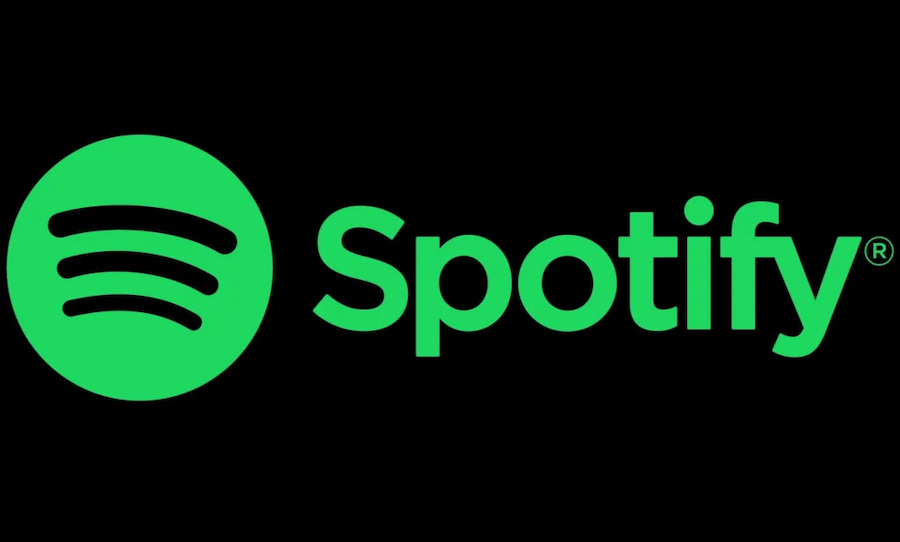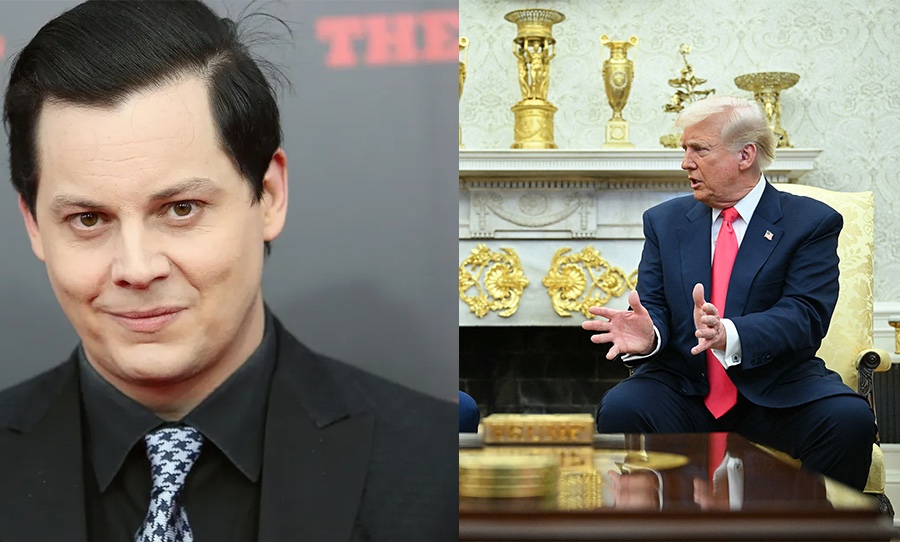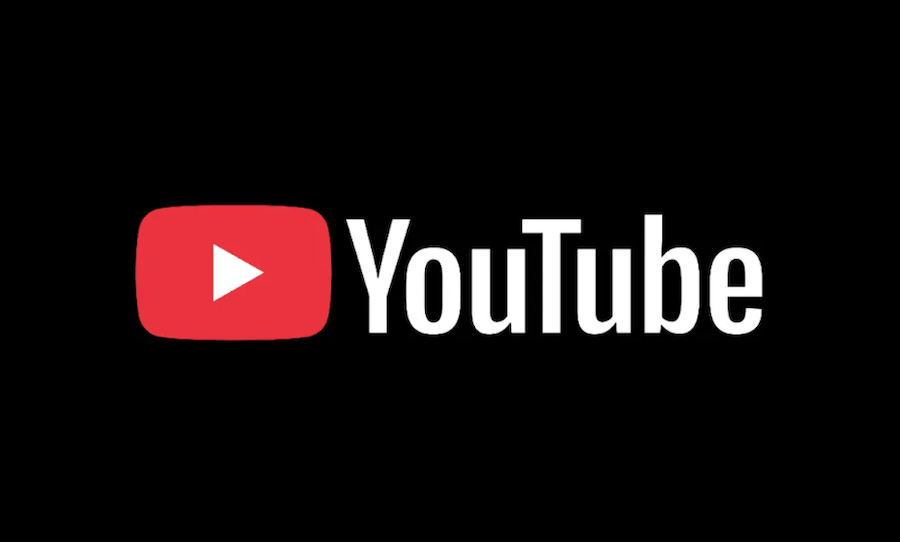If you work in media or any kind of creative field, social media has become an integral part of the game – whether you like it or not.
David Clune is the co-founder of Culture Shock Marketing, a business who “specialise in social media video and social media ad campaigns for health technology and education”. He began the company after decades working in film and TV, including a stint at SBS, where he learned the importance of storytelling in effective brand marketing.
Soon he’ll be running a seminar for the Australian Film, Television, and Radio School (AFTRS) called DIY Social Media for Creative Businesses, a primer on how musicians, creative freelancers, content creators, and similar businesspeople should be harnessing these tools to their fullest potential.
As unpredictable and iterative as the field is, David believes there’s certain rules anyone can apply to their own socials in order to maximise their uptake. We sat down with him for a chat to find out exactly what these were, so if you’re managing a band or business’s socials, running your own company, or you know, working anywhere where a spicy Instagram post will earn you some business, read on for some killer tips.

HAPPY: Should people try become a jack of all trades in social media, or should you try to master one network first?
DAVID: I don’t think you need to master necessarily one network, but I think content creators need to specialise in a particular industry or niche, and focus on building an audience and community in that niche… if they’re a content creator promoting their own personal stories or brand. If they’re a content creator crafting video, there’s a lot of demand to produce, edit, schedule right. I think the same rules apply, that yes, if you’re going to do that you need to be specialising in… let’s say you want to be the content creator that just makes beauty content for social media, or film content, or comedy content, whatever it might be. There’s so much noise out there that the more you spread yourself too thin, the less that people are attracted to calling you up and saying “we need you for this job”. Everyone can create for social media now, so you need to stand up above the noise.
HAPPY: Do you think social media is now pervasive across the entire creative industries? As in, there’s no more reason to neglect it any longer?
DAVID: Well yeah, I definitely think that social media was ignored for far too long, so those that moved into it early carved out a good slice of the pie and built up really strong audiences and followings, and were able to raise their profile and turn them into multi-million dollar businesses or brands. We’re now at this time where everyone’s trying to recognise that finally, social media is one of the main channels. I like to call social media just media now, because it is just another media channel, and if we look at it like that, and respect it as another media channel that you distribute on – just like print or TV – we can start to really start to plan and execute more effectively.
Social media has been, in the creative industries, it’s always been seen as a secondary channel: ‘let’s create the film or the TV show or the art piece and then we’ll create social media as an afterthought’. I think that if you really want to win – in all industries but particularly in the creative industries – then think about creating a story specifically for social media, specifically for a platform. Those are the ones who end up thriving, those that think in social-first content.
HAPPY: How fast does social media as a field of study change?
DAVID: The funny thing is that all social medias are constantly changing, every day, every week, every month. I get that question a lot and when I first started in social media it was the last thing on the priorities in the job description. And even about five years ago, when I was doing social media between 2010 and 2015, before I got to SBS, the thing is that people thought Facebook would disappear and the next big social media channel would come and replace it, and it never happened. Facebook carried on, as did the other major channels, and everything just matured.
So to answer your question about how quickly it changes: it’s constantly changing, but there’s two rules that I believe you can live by and constantly adapt with. Firstly is creating quality content that feels authentic on the social media channel you’re publishing on, and the second one is approaching everything on social media as a test and measure approach. So you don’t know what video or article is going to work with your audience, but the beauty of social media is that you can see with data what is working and what’s not. Then you can take that data and iterate your content to align what your audience is really interested in, not what your gut tells you.
HAPPY: What’s a major change that you expect to see in the world of social media over the next couple of years?
DAVID: I think we’ll see heaps more online shopping, I think ordering takeout through social media platforms is probably not far off. The other major thing – it hasn’t happened yet but I still believe it’s coming – is we’re going to see these social media platforms compete more intensely against Netflix and other streaming platforms, keeping people watching longer form content.
HAPPY: The aim of the game is to have you never leave the social network, right? So it needs to do everything.
DAVID: Absolutely, and if we already look at it and think, do people go to your website first, or do they go to your Facebook or Instagram page? In many ways, Facebook and Instagram have replaced your website and that’s a thing many people find hard to swallow.
HAPPY: I know this is a doozy of a question, but do you have a single piece of advice to any creative freelancers reading this? Artists, musicians, illustrators, those who’ve turned a passion into their business?
DAVID: It’s really important to learn to both manage organic social media and paid social media, and know how the organic and paid social media work, hands on. Learn it yourself and then delegate, because it’s the most time-consuming thing ever to manage your own social media, it takes forever so you do need to get someone to do it for you, but it’s not going away. You need to understand how it works before you can delegate it properly, that would be my advice. Dive in.
David Clune’s seminar takes place via Zoom on September 24th, meaning you can join from anywhere. Sign up here.



